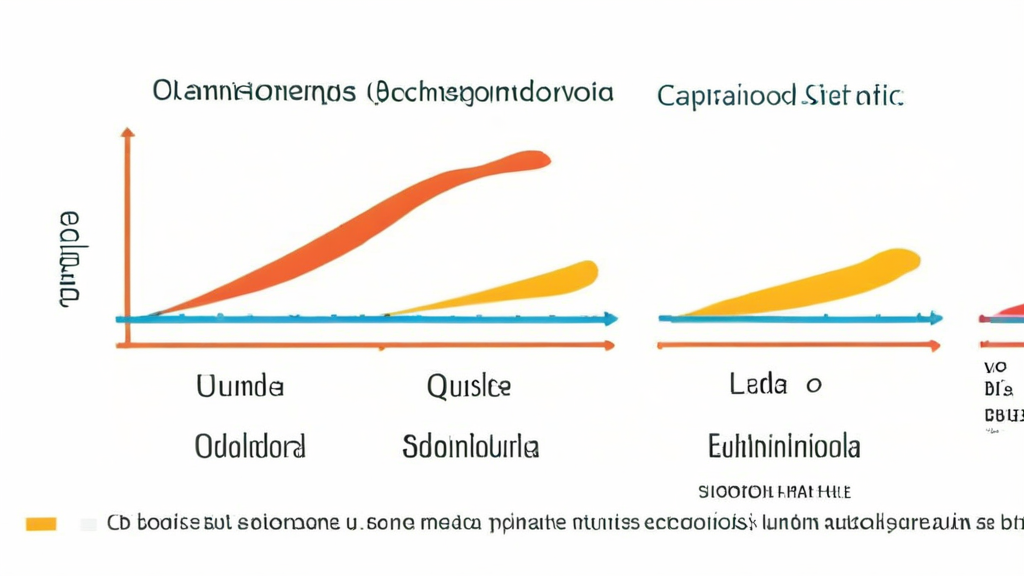CBD: An Essential Component of Cannabis
CBD, or Cannabidiol, is one of the main compounds present in the Cannabis Sativa plant, known as hemp or marijuana, with different percentages of presence in the plant depending on the strain. It is a completely legal and non-psychoactive component, which offers a multitude of beneficial properties for our body such as anti-inflammatory, analgesic, neuroprotective, anticonvulsant or anxiolytic, among others.
Origins and Discovery of CBD
The origins of CBD date back to 1940 in the chemistry department of the University of Illinois in the United States of America, where a team of researchers managed to isolate it. Although the discovery was in the 1940s, it would not be until the early 1960s in Israel when a team of scientists “rediscovered” it along with the other major cannabinoid in cannabis: THC (tetrahydrocannabidiol).
Differences between THC and CBD
The main difference between THC and CBD is that while THC is psychoactive, CBD, on the other hand, is not; that is, it does not alter the state of consciousness. At the same time, this difference also marks its legal status: while CBD is not controlled by international drug conventions, THC is on list 1 of internationally prohibited substances since the 1961 international convention.
The Endocannabinoid System and CBD
CBD is part of the endocannabinoid system, a system present in our body that is responsible for modulating aspects such as relaxation, mood, sleep, pain response, the female reproductive system, the immune system or appetite, among others. others.
Interaction of CBD with the Body
Our body has natural receptors where cannabinoids (such as CBD) naturally adhere, interacting with them and activating different functions. There are several options through which CBD can interact with our body, such as inhaled, ingested, topical, among others.
Administration and Dosage of CBD
For the administration of CBD, there are different routes, the most common being the sublingual route. The dosage should be decided by the patient, and it is always recommended to start with low doses and gradually increase according to the observed effects.
Adverse Effects and Final Considerations
The adverse effects of CBD are mild and temporary, and it is always recommended to consult with a specialist doctor before use, especially if you are taking other medications. CBD acts synergistically with most medications, enhancing their analgesic, anticonvulsant, and anxiolytic action, among others.
